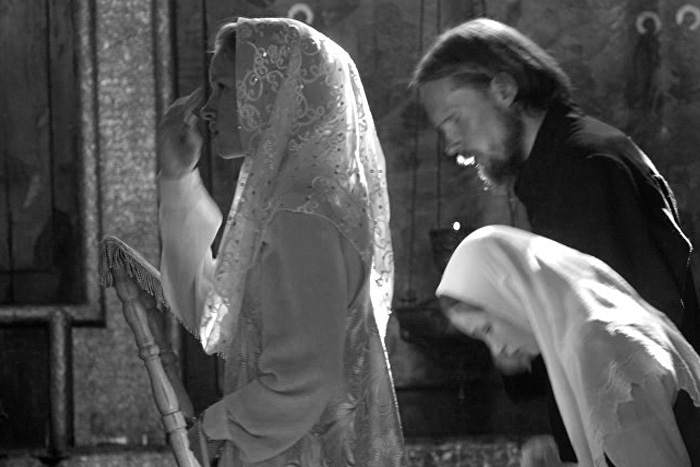
Question: What does the following phrase from the First Catholic Epistle of St. John the Theologian mean: “All unrighteousness is sin; and there is a sin not unto death” (1 Jn 5:17)?
Answer: Every departure from the commandments of God and breaking of the law of God (in deed, word, and even thought) is a sin. In another place in the same catholic epistle the Apostle writes: “sin is lawlessness” (1 Jn 3:4). Sins are conscious and unconscious, committed by ignorance and carelessness. Among conscious sins mortal sins are given special place. To them belong: conscious and intentional apostasy from faith, obstinate denial of God, hatred and ill-will to people (“The one not loving his brother abideth in death,” 1 Jn 3:14), bold condemnation of the commandments of God. They are committed in the deep inculcation in man of sin and attachment to evil. Mortal sins exterminate in man love for God and make man dead to the reception of Divine grace. The greatest sin is that against the Holy Spirit (c.f., Mt. 12:31-32; Mk 3:28-30; Lk 12:10). It is not forgiven.
The Holy Apostle John the Theologian is saying that one should pray for those who have not sinned unto death. For those who have sinned unto death, he does not give instruction, but also does not immediately forbid it. Their stubborn rejection of the truth, disbelief, obduracy and hardness in sin makes prayer for them, as a rule, fruitless. The most effective medicine for them is affliction. The question is appropriate: why not send all sinners such afflictions? The Lord, Who knows the condition of every heart, knows to whom to send afflictions, and who would sin even more if sent afflictions. And Divine love is extended unto such people. Since the lot of such unrepentant sinners is not identical, their punishment will be according to the degree of transgression, since God does not want that their afflictions to increase. For those, who are capable of spiritual growth, afflictions are a great and salvific act of God’s mercy.




